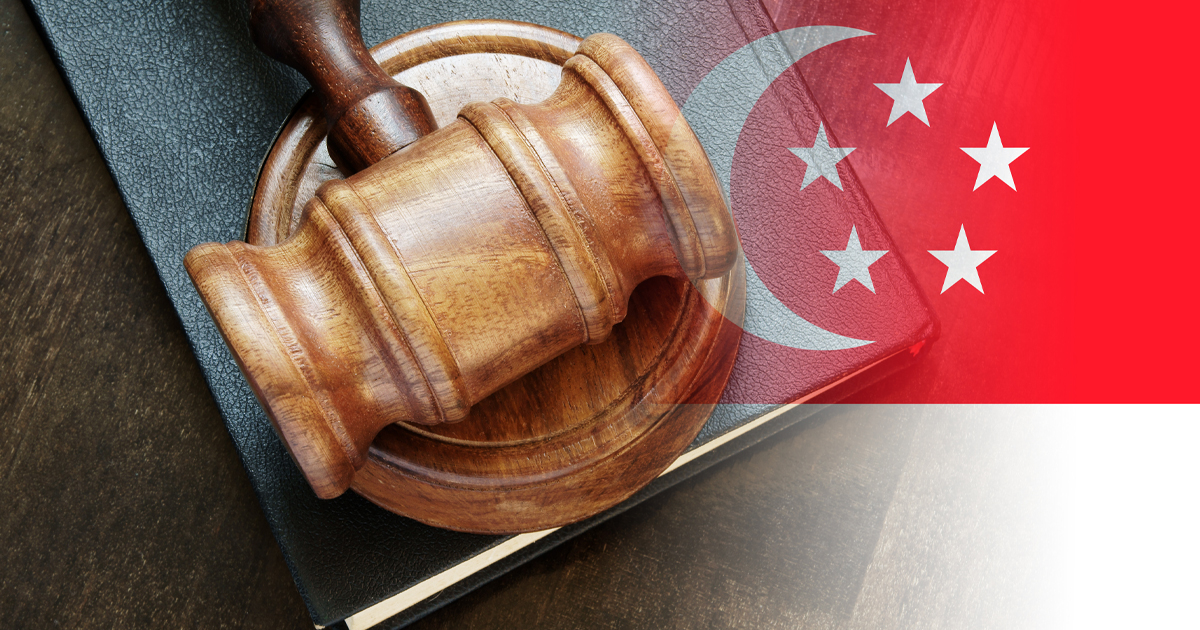What are listed as capital offences?
Under the Penal Code, Cap 224, they are namely:
- Murder
- Abetting suicide of a person under the age of 18 or an insane person
- Kidnapping
- Gang Robbery that resulted in death of person
- Drug Trafficking
- Unlawful discharge of firearms
Click here to download pdf.












